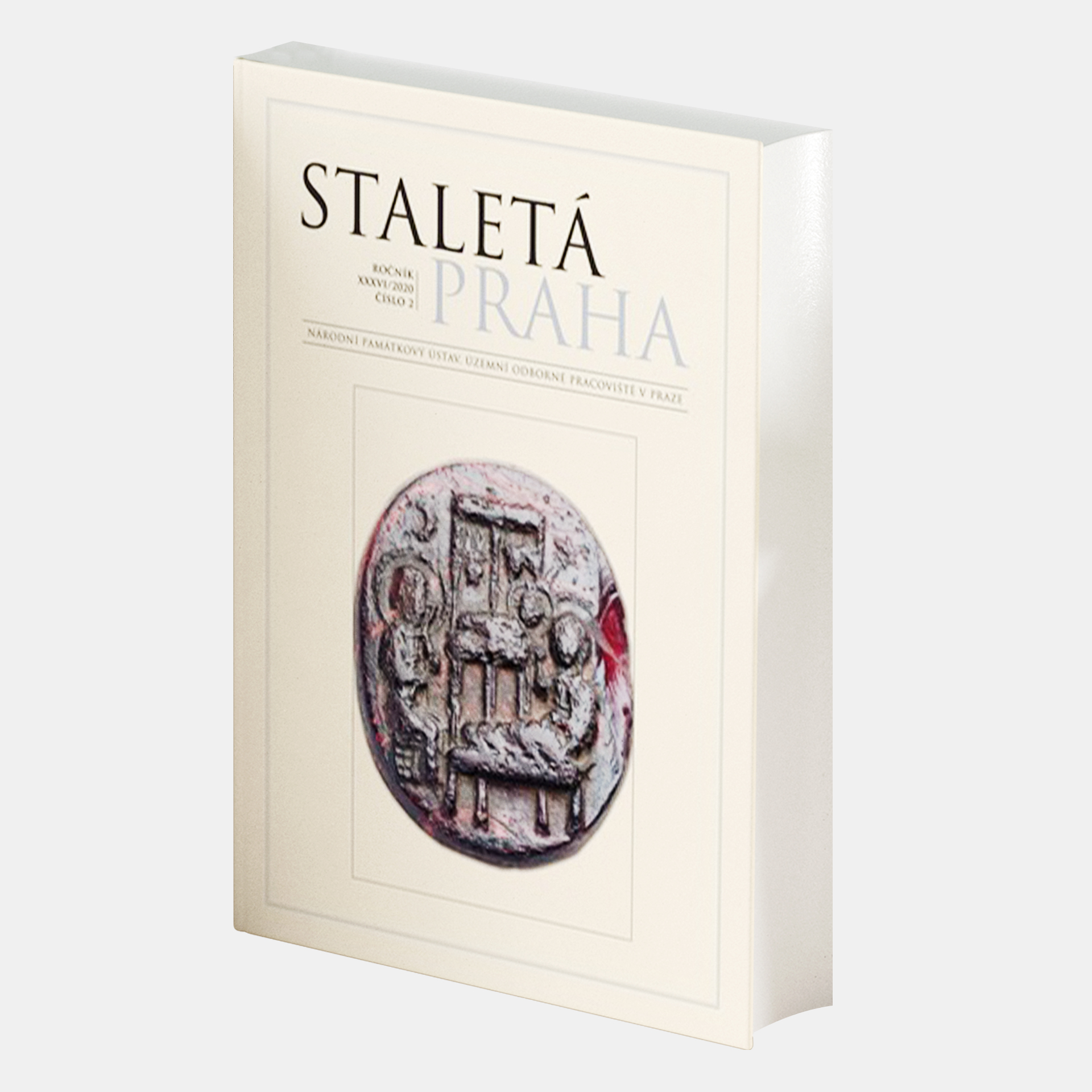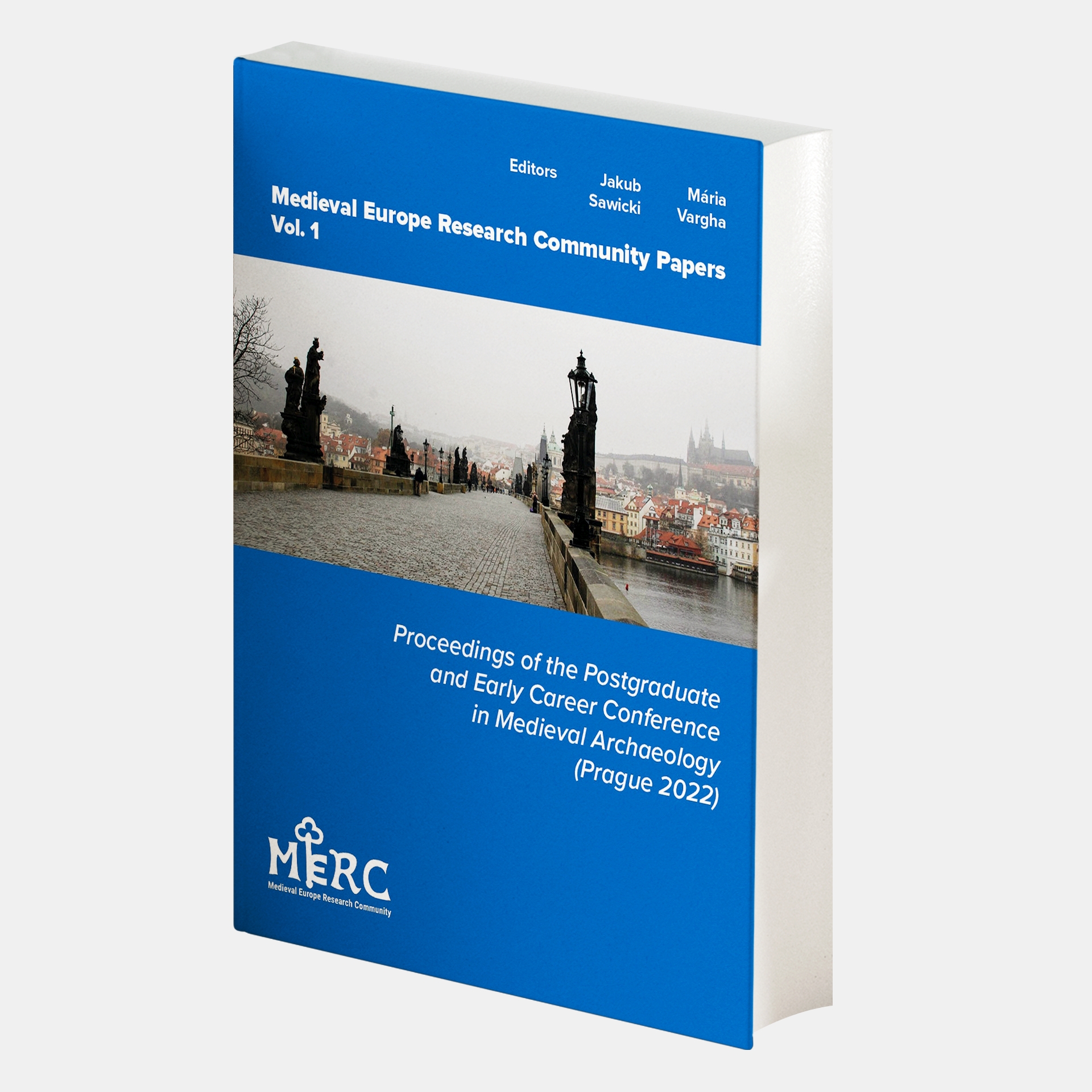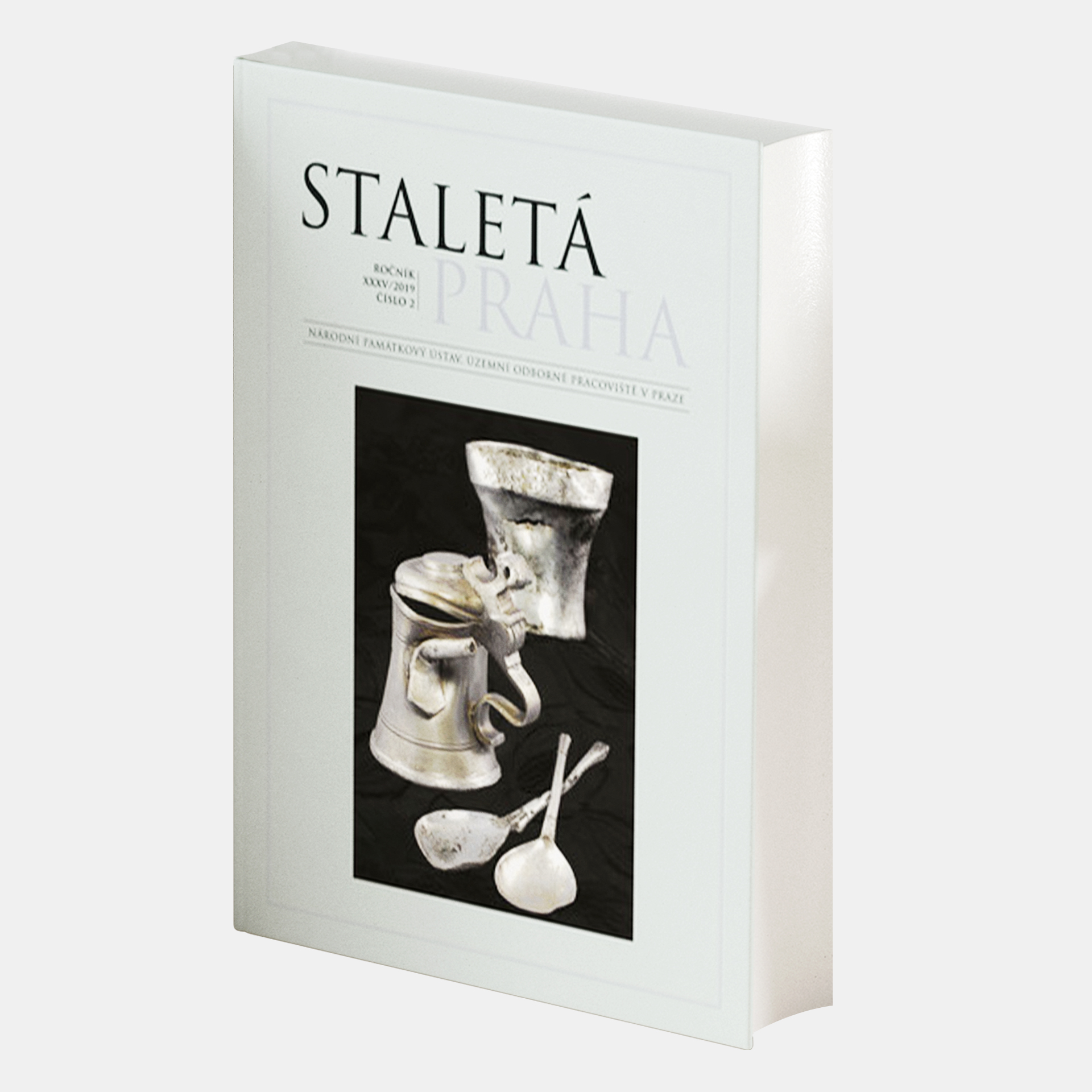Your cart is currently empty!
A United Europe of Things 2: further consideration of medieval small finds from a pan-European perspective Eds. Michael Lewis, Mária Vargha, Jakub Sawicki
25,00 €
This book builds on the first volume – A United Europe of Things: portable material culture across Medieval Europe, published by Springer in 2023 – offering articles on medieval small finds from across Europe. This earlier book drew together papers presented at various Annual Meetings of the European Association of Archaeologists (EAA) sponsored by the Medieval European Research Community (MERC). This new volume does likewise, as well as including some shorter papers following a ‘call’ within the growing community of the European Medieval Finds (EMF) network.
Since 2023, another successful session, entitled United Europe of Things? Materialities Creating Medieval Ritual Landscapes, was organised at the EAA in Rome (2024). This combined the theme of a ‘united Europe of things’ with a special focus on ‘persistence and change in medieval ritual landscapes’ to tie in with the Arts & Humanities Research Council (AHRC) funded ‘Medieval Ritual Landscape’ (MeRit) project run by the University of Reading with the British Museum; one of us (Michael) is co-investigator. Besides the three of us (Michael, Maria and Jakub), this session was organised by Robert Webley (University of Reading, the post-doctoral researcher on MeRit) and Petar Parvanov (Bulgarian Academy of Sciences). It included 18 papers from 21 scholars based in Austria, the Czech Republic, Denmark, Estonia, the Netherlands, Slovakia, Spain, Sweden and the UK. The next EAA session in Belgrade (2025) is again being organised by us three, this time with Saša Čaval (Slovenian Academy of Sciences & MERC Committee). This will focus on the shared and diverse experiences of medieval life, emphasising the ability of material culture – especially metal finds – to reveal the interconnected nature of European societies in the Middle Ages.
Because we believe that science should be accessible, the book has been fully published in the ZENODO database, and the publisher has not charged any fees for their work. If you want to support our work, please order a paper copy.
Content
Michael Lewis, Introduction
Milica Radišić, Why Did It Become So Popular? Twisted and Braided Jewellery from the Formative Period of the Hungarian State in the Carpathian Basin.
Daniela Marcu Istrate, Keeping Memory, Fastening Clothes: Two Eight-Pointed Star-Shaped Brooches as Funerary Goods from the Medieval Cemetery in Alba Iulia (Péter Levente Szőcs, Late Medieval and Early Modern Pins from Satu Mare County (Romania) and its Surroundings:variations of forms, decoration and function
Radosław Zdaniewicz, Dress Accessories from the 14th-15th century Motte and Bailey Castle of Ciochowice, Upper Silesia (Poland)
Anastasia Fedorina & Nikolay Makarov, Suzdal (Russia) Archangels: between the symbolism and spatial distribution
Mette Højmark Søvsø, The Afterlife of Pilgrim Signs in Europe: use, re-use and ritual practice
Michael Lewis, Lettering on Late Medieval Lead Ampullae: English and Welsh finds within a European context
Rob Webley, Therein Lies the Point: a study of knife sheath chapes from cross-Channel Europe
Mária Vargha, Striking Impressions: tools of a metalworker from medieval rural Hungary
Dana Piessens, Gauged Stoneware Measures from the Low Countries: a lesser-known category of finds
Fabian Brenker, Everyday Objects: traces of wear as sources for daily use of artefacts
Jasmin Özyurt, Claudia Perstling, Bendeguz Tobias, Kathrin Siegl, Ralf Totschnig,
Carla Warbanoff & Raphael Wedam, Out of Context: medieval small finds from Apetlon, Burgenland, Austria
Only logged in customers who have purchased this product may leave a review.






Reviews
There are no reviews yet.